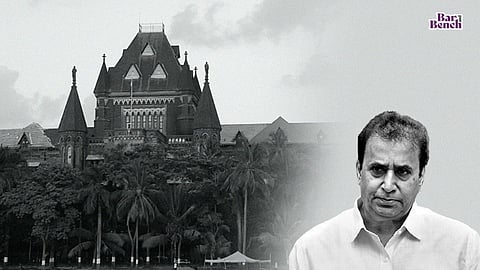
- News
- Columns
- Interviews
- Law Firms
- Apprentice Lawyer
- Legal Jobs
- हिंदी
- ಕನ್ನಡ

The Bombay High Court on Friday rejected the plea filed by former Home Minister of Maharashtra Anil Deshmukh assailing summons issued by the Enforcement Directorate (ED) in relation to a money laundering case.